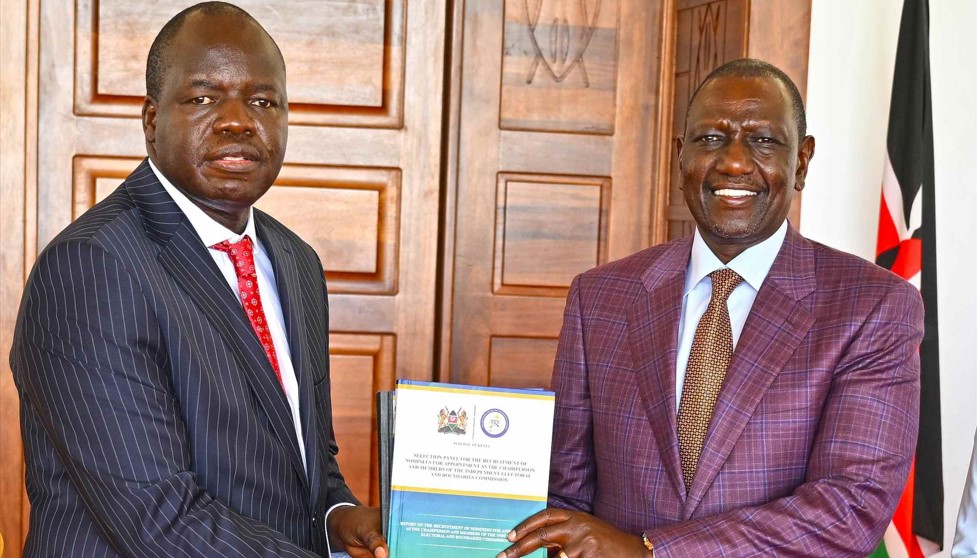How your spice rack could boost your immunity

Ginger, used widely in chai and pilau, is known for its antimicrobial properties and ability to relieve cold symptoms like sore throats and congestion.
Your kitchen spice rack may be doing more than just adding flavour to your food, it could be helping to keep your immune system strong, especially as the cold season approaches.
From turmeric and ginger to garlic and cinnamon, nutrition experts say that common spices used in many Kenyan households contain compounds that fight inflammation, support gut health, and improve the body’s natural defences.
More To Read
“Spices are some of the most underrated immunity boosters,” says Wincate Wangari, a Nanyuki-based nutritionist.
“They’re packed with antioxidants and anti-inflammatory properties that can support the body in fighting infections.”
The science behind the spices
Turmeric for example is a key ingredient in many coastal dishes like biryani and kuku wa kupaka, contains curcumin, a powerful antioxidant known to reduce inflammation and boost white blood cell function.
Ginger, used widely in chai and pilau, is known for its antimicrobial properties and ability to relieve cold symptoms like sore throats and congestion.
Garlic, or (kitunguu saumu), used in everything from stews to sauces, contains allicin, a compound that boosts the disease-fighting response of certain white blood cells.
“Garlic is a natural antibiotic, especially raw garlic. Taking it raw or lightly cooked regularly can make a huge difference to your immunity,” adds Wangari.
Cinnamon (mdalasini), often sprinkled in sweet Somali tea or baked into pastries, has antiviral and antibacterial properties and may help reduce oxidative stress in the body.
Everyday immunity tips
Wangari encourages Kenyans to incorporate these spices in their daily meals rather than relying on supplements.
“A pinch of turmeric in your eggs or tea, a crushed clove of garlic in your stew, or ginger in your morning tea goes a long way,” she advises.
She also cautions against overcooking spices, as excessive heat can reduce their medicinal value.
“It’s best to add spices towards the end of the cooking process, especially when making soups or sauces.”
What to watch out for
While natural spices are generally safe, experts warn against buying unlabeled or counterfeit spice powders, especially in open-air markets.
“Adulterated spices may contain harmful additives,” says Wangari.
“Always go for trusted brands or source from hygienic markets. You can even make them at home by grinding whole dried spices like turmeric root, ginger, or cinnamon sticks. This way, you’re sure of what’s going into your food.”
As health trends shift towards preventive care, your spice rack could be your first line of defense.
“You don’t have to wait to fall sick to start eating right,” Wangari says.
“Start with your next meal, just remember, even natural spices work best in moderation, because too much of certain spices like garlic, ginger, or chilli can irritate the stomach lining, especially for people with ulcers or acid reflux.”
Top Stories Today











































